Imf Exchange Rate Regime
exchange regime wallpaperThe main source of the exchange rate system followed by any country is the IMFs Annual Report on exchange rate arrangements. GDP Gross Domestic Product Real Nominal Deflator Index Growth Change.
Https Www Imf Org External Np Pp 2007 Eng 112707 Pdf
Almost every type of regime can be found in the region.

Imf exchange rate regime. Kiribati Nauru Tuvalu Swiss franc as legal tender. Traditionally the choice of exchange rate regime has been seen as a second-best policy choice which can be directed toward mitigating the distortionary effects of price or information rigidities. Third it distinguishes between the central banks declared exchange rate regimes and the behavior of the exchange rates in practice.
The rules of Bretton Woods set forth in the articles of agreement of the International Monetary Fund IMF and the International Bank for Reconstruction and Development IBRD provided for a system of fixed exchange rates. Early work used a de jure classificationthe regime declared by national authorities in the IMFs Annual Report on Exchange Arrangements and Exchange Restrictions AREAER. The Bretton Woods System required a currency.
No legal tender of their own US dollar as legal tender. The Bretton Woods Agreement and System created a collective international currency exchange regime that lasted from the mid-1940s to the early 1970s. It is closely related to monetary policy and the two are generally dependent on many of the same factors such as economic scale and openness inflation rate elasticity of the labor market financial market development capital mobility etc.
Chinas exchange rate regime has undergone gradual reform since the move away from a fixed exchange rate in 2005. Nigerian inflation at 1575 in December was at its highest rate in three years driven by higher food prices. There are two major regime types.
Second it classifies exchange rate regimes in more detail than the traditional dichotomy between fixed and floating exchange rates. Managed float regime is the current international financial environment in which exchange rates fluctuate from day to day but central banks attempt to influence their countries exchange rates by buying and selling currencies to maintain a certain range. The International Monetary Fund IMF has advised Nigeria to establish a unified exchange rate regime with a near-term focus on allowing for greater flexibility and removal of payments backlog.
A monetary regime based on an explicit legislative commitment to exchange domestic currency for a specified foreign currency at a fixed exchange rate combined with restrictions on the issuing authority to ensure the fulfillment of its legal obligation. The peg used is known as a crawling peg. The Nigerian authorities disagreed telling the IMF that a lower naira would stoke inflation.
Any empirical study of exchange rate regimes must contend with issues of regime classification. The renminbi has become more flexible over time but is still carefully managed and depth and liquidity in the onshore FX market is relatively low compared to other countries with de jure floating currencies. It draws on information available to the IMF from a number of sources including that provided in the course of official staff visits to member countries and has been prepared in close consultation with national authorities.
Within the floating exchange rate system a country can choose a free float or a managed float. The rules further sought to encourage an open system by committing members to the convertibility of. In this paradigm the optimal degree of exchange rate flexibility is found to depend of the source and nature of shocks hitting an economy.
From floating and inflation targeting over various pegs to the unilateral use of the euro and full. More recent literature views the exchange rate as a widely. Allowing a greater role for market forces within the existing regime.
The Annual Report on Exchange Arrangements and Exchange Restrictions has been published by the IMF since 1950. First it uses more comprehensive datacomprising all IMF members from 1960-90. An exchange rate regime is the way a monetary authority of a country or currency union manages the currency in relation to other currencies and the foreign exchange market.
For an economist interested in examining the evolution of monetary and exchange rate regimes Central Eastern and Southeastern Europe CESEE provides a habitat of unparalleled diversity. Third it distinguishes between the central banks declared exchange rate regimes and the behavior of the exchange rates in practice. Many countries declare that they follow a particular exchange rate system but may follow another system in practice.
First it uses more comprehensive data--comprising all IMF members from 1960-90. Floating exchange rate regime exist where exchange. The IMF held discussions with the government and central bank before publishing a report this week in which it argues that the naira is overvalued by 18 and needs to be devalued.
1 Thereafter de facto classifications that seek to categorize the regime according to the behavior of the exchange rate or. Andorra Kosovo Monaco Montenegro San Marino Vatican City Australian dollar as legal tender. Second it classifies exchange rate regimes in more detail than the traditional dichotomy between fixed and floating exchange rates.
British Virgin Islands Caribbean Netherlands Ecuador El Salvador Marshall Islands Micronesia Palau Timor-Leste Turks and Caicos Islands Euro as legal tender.

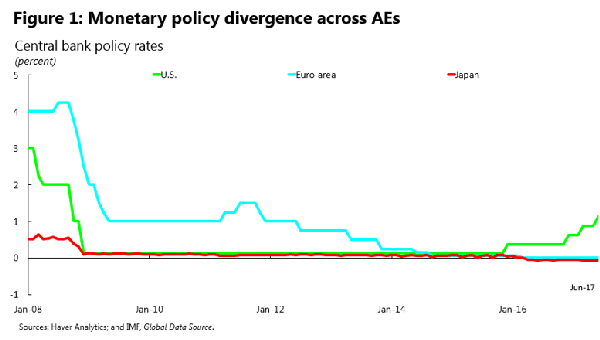
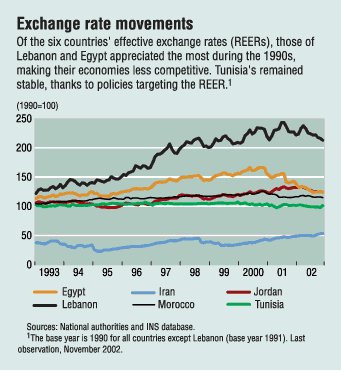 Finance Development March 2003 Should Mena Countries Float Or Peg
Finance Development March 2003 Should Mena Countries Float Or Peg
 How Flexible Exchange Rates Helped Latin America Adjust To Commodity Price Shocks Imf Blog
How Flexible Exchange Rates Helped Latin America Adjust To Commodity Price Shocks Imf Blog
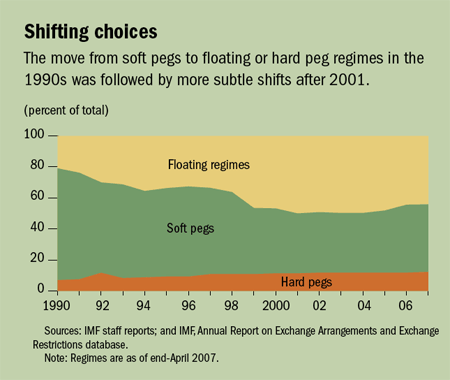 Finance Development March 2008 Back To Basics
Finance Development March 2008 Back To Basics
 Chapter 2 Monetary Policy And The Rise Of Nonbank Finance Global Financial Stability Report October 2016 Fostering Stability In A Low Growth Low Rate Era
Chapter 2 Monetary Policy And The Rise Of Nonbank Finance Global Financial Stability Report October 2016 Fostering Stability In A Low Growth Low Rate Era
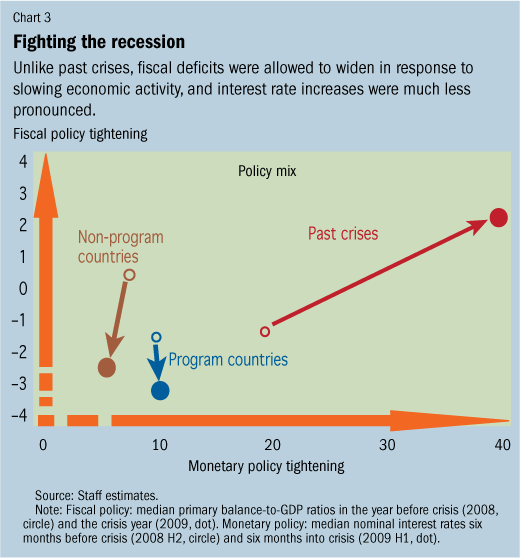
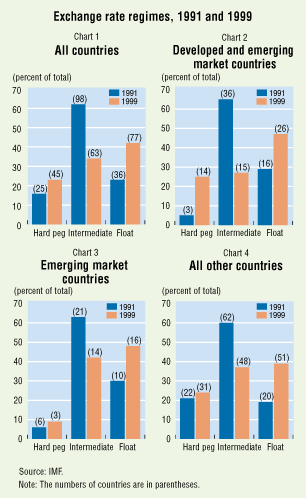 Finance Development June 2001 Exchange Rate Regimes Is The Bipolar View Correct
Finance Development June 2001 Exchange Rate Regimes Is The Bipolar View Correct

 Iceland S Programme With The Imf 2008 11 Vox Cepr Policy Portal
Iceland S Programme With The Imf 2008 11 Vox Cepr Policy Portal
 Covid 19 In Emerging Markets Escaping The Monetary Policy Procyclicality Trap Vox Cepr Policy Portal
Covid 19 In Emerging Markets Escaping The Monetary Policy Procyclicality Trap Vox Cepr Policy Portal
 Press Release Imf Executive Board Approves 8364 1 2 Billion Stand By Arrangement For Serbia
Press Release Imf Executive Board Approves 8364 1 2 Billion Stand By Arrangement For Serbia
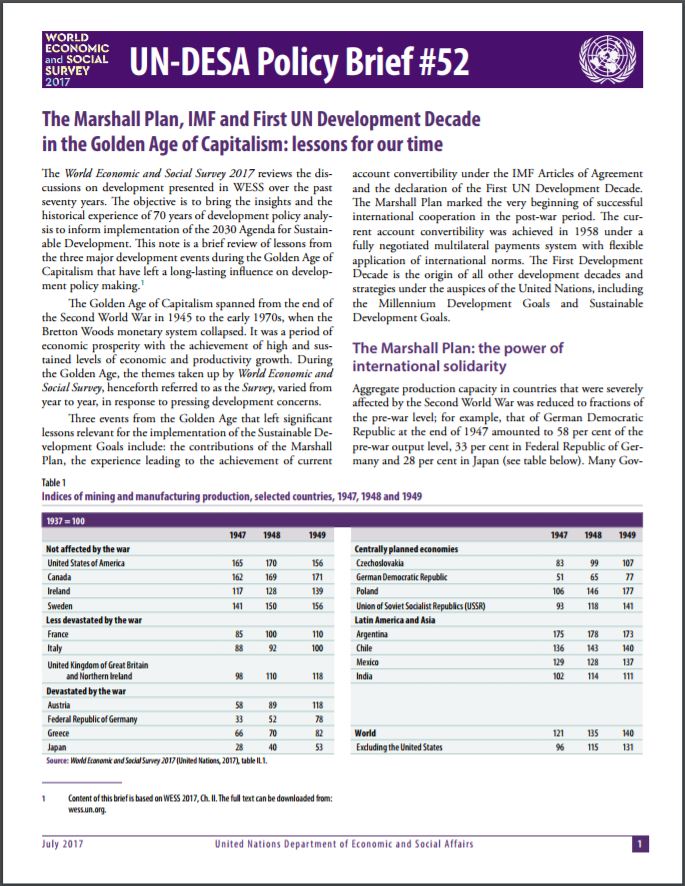 The Marshall Plan Imf First Un Development Decade In The Golden Age Of Capitalism Department Of Economic And Social Affairs
The Marshall Plan Imf First Un Development Decade In The Golden Age Of Capitalism Department Of Economic And Social Affairs
 Chapter 11 Mexico Free Floating Exchange Regime Foreign Exchange Intervention In Inflation Targeters In Latin America
Chapter 11 Mexico Free Floating Exchange Regime Foreign Exchange Intervention In Inflation Targeters In Latin America
 Chapter 5 Monetary And Exchange Rate Policy Responses The Asean Way Sustaining Growth And Stability
Chapter 5 Monetary And Exchange Rate Policy Responses The Asean Way Sustaining Growth And Stability
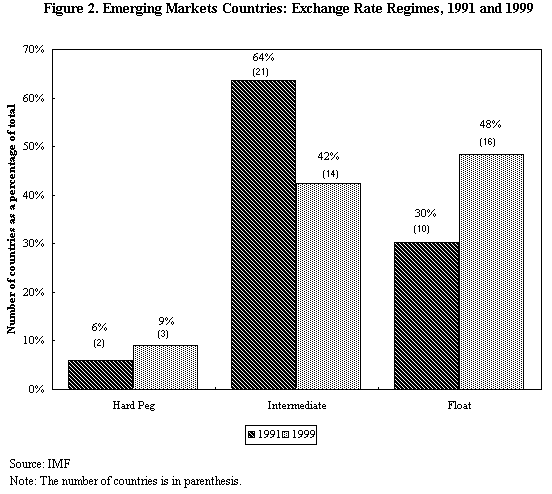
 Chapter Ii Developments And Issues In Exchange Rate Regimes Exchange Arrangements And Foreign Exchange Markets Developments And Issues
Chapter Ii Developments And Issues In Exchange Rate Regimes Exchange Arrangements And Foreign Exchange Markets Developments And Issues


